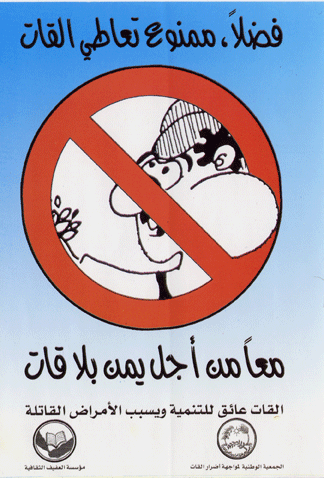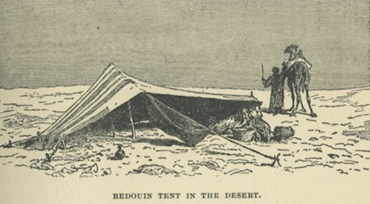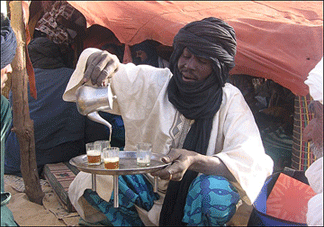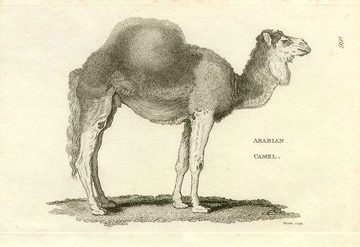
U.S. Embassy to Qat Chewers: quit now if you want an immigrant visa
By Sarah Wolff, Yemen Times,
SANA’A, March 31 — The United States Embassy in Yemen recently introduced a new provision for Yemenis seeking permanent residence in the U.S. Its message? Lay off your qat if you want to live in America.
Under this new stipulation, the U.S. Embassy will not issue immigration visas to anyone who is addicted to qat. Unites States law defines an “addict” as anyone who has used a drug for other than experimental purposes, i.e., more than one-time usage. This means that anyone in Yemen who has chewed qat more than once will have to medically prove that they are no longer using it in order to live in the United States.
U.S. law qualifies qat as a Schedule I controlled substance because it contains the chemical cathinone, which is a narcotic with addictive properties and has no known medicinal benefits. Abuse of Schedule I drugs is considered a “Class A” medical ineligibility under the Immigration and Nationality Act. Continue reading The Qat ate your visa






